On May 15-16th, 2018, Tianjin University (TJU) held the International Peer Review (IPR) for the discipline of Computer Science (CS) on the Peiyangyuan Campus.
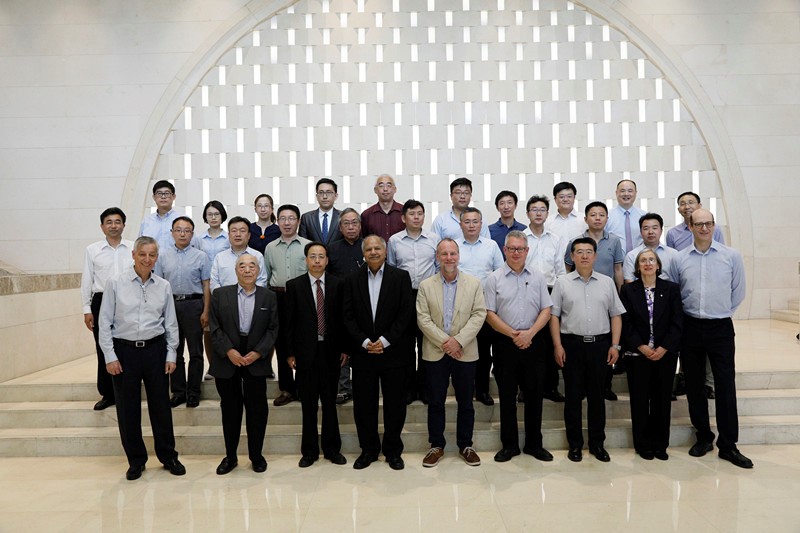
Experts invited to participate in the IPR as members of the expert committee including Prof. Raj Reddy, Member of the National Academy of Engineering and the American Academy of Arts and Sciences, ACM Turing Award laureate, Fellow of the Institute of Electrical and Electronics Engineers (IEEE), Prof. Jean-Luc Gaudiont, President of IEEE CS, Prof. Hiroya Fujisaki, Member of Engineering Academy of Japan, Fellow of Acoustical Society of America, Corresponding Member, Goettingen Academy of Sciences, and four other well-known scholars from world-class academic institutions. Deputy Director of Tianjin Education Commission Bai Haili, Vice President Wang Shuxin, Executive Vice Dean of Graduate School of TJU Zheng Gang, Dean of School of Computer Science and Technology, as well as School of Computer Software, Li Keqiu, and representatives from other departments of TJU attend the opening ceremony.
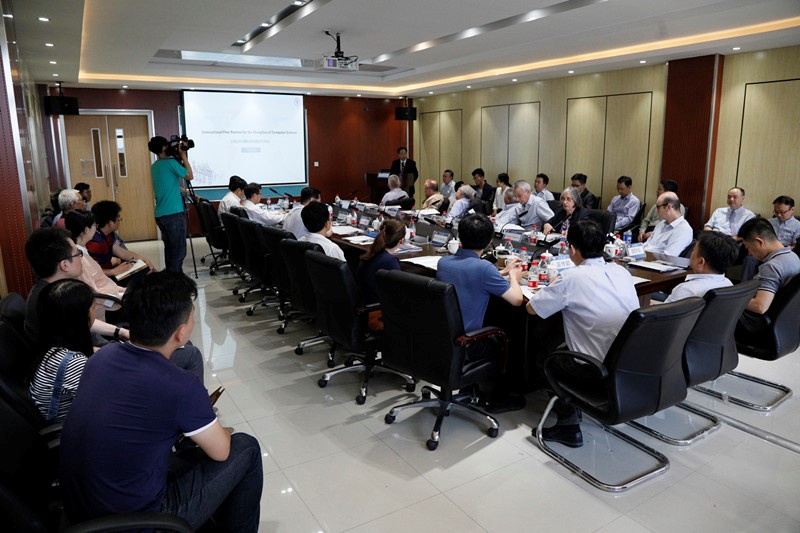
During the IPR, members of the expert committee listened carefully to the self-evaluation report of the CS discipline of TJU. In the report session, Prof. Hu Qinghua, Vice Dean of School of Computer Science and Technology, presented a comprehensive introduction of the CS discipline. Prof. Wei Jianguo, Vice Dean of School of Computer Software, presented a report about the teaching program. Moreover, seven professors gave research reports to the expert committee. Afterwards, the expert committee examined the laboratory and teaching facilities, visited the College Research Exhibition Hall, as well as Zhengdong Library, and talked to the faculty, administrators, and students. “The equipment and facilities are impressive, and show me the potential of the CS discipline,” said by Prof. Ljiljana Trajkovic, President of the IEEE Circuits and Systems Society and Associate Editor for several IEEE journals, Fellow of the IEEE.
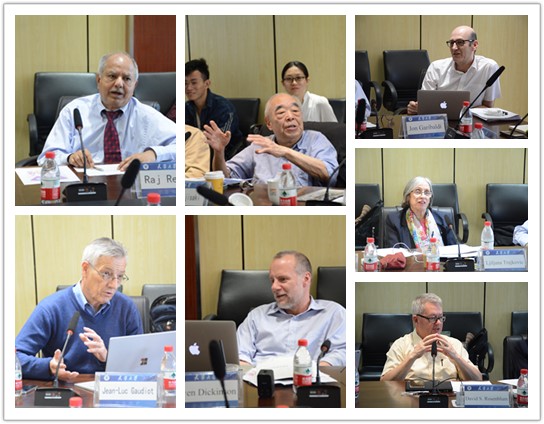
The two-day’s IPR, expert committee gave feedback on the evaluation of the CS discipline of TJU, which summarized the advantages and characteristics, pointed out the problems and deficiencies in past work, and recognized the gap with world-class university and first-class disciplines. “The gap indicates the direction for the next step construction and development of the CS discipline.” Prof. Wang Shuxin, Vice President of TJU said. After the feedback session, President Zhong Denghua met with the expert committee and extended gratitude for their support for the IPR on CS discipline of TJU.
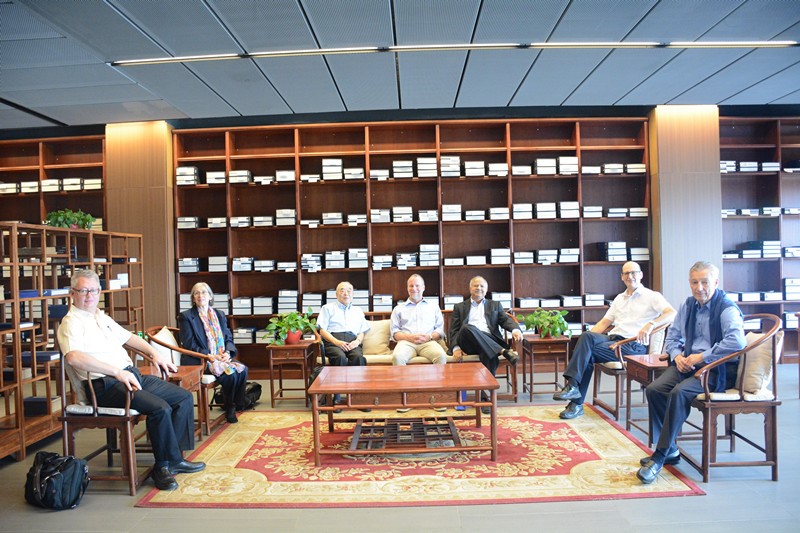
As the oldest institute of higher education in the modern history of China and one of the National Key Universities, TJU has mapped out its overall development goal, striving to develop into a comprehensive, research oriented, globalized and prestigious University. The IPR is an important effort in achieving this goal. As the 7th discipline to enter the top 1% of Essential Science Indicators (ESI) international rankings, the CS was established in the 1950s and has over half a century of history. After this IPR, the university and the CS discipline will seriously study the opinions and suggestions provided by the expert committee and formulate a solid, concrete and detailed improvement plan. Also, the university will take this IPR as an opportunity to further expand openness and cooperation, gather outstanding talents from the world, and exchange and cooperate with the world’s best universities and scientific research teams.
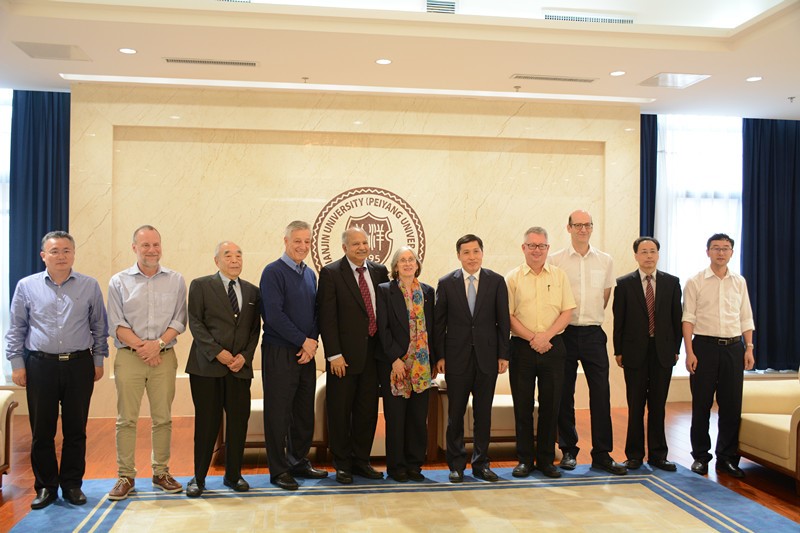
By: Wang Tianyu, School of Computer Science and Technology






